Your vehicle should be considered an investment, and as with any investment, it requires care to ensure that it continues to serve you well for many years. Whether you drive a brand-new car or an older model, regular maintenance and proactive repairs can significantly extend its vehicle lifespan and help preserve its value.
In this article, we’ll explore some effective car longevity tips to keep your vehicle running smoothly and efficiently for the long haul. By taking a few simple steps, you can avoid costly repairs, enhance safety, and make the most of your vehicle for years to come.
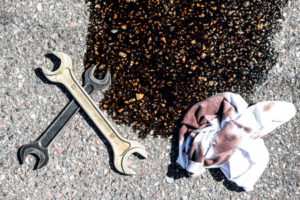 1. Stay on Top of Routine Maintenance
1. Stay on Top of Routine Maintenance
One of the most straightforward ways to extend the lifespan of your vehicle is by adhering to the manufacturer’s recommended maintenance schedule. Regular maintenance is crucial for ensuring that vital components such as the engine, transmission, and suspension remain in optimal condition. Ignoring routine checks can lead to expensive problems down the road.
Key Routine Maintenance Tasks:
- Oil Changes: Oil is essential for lubricating engine components and keeping them cool. Regular oil changes every 3,000 to 7,000 miles (depending on your vehicle and the type of oil) help prevent engine wear and improve fuel efficiency.
- Fluid Checks: Keep track of essential fluids, including transmission fluid, brake fluid, coolant, and power steering fluid. Low or dirty fluids can cause your vehicle’s systems to malfunction.
- Air Filter Replacement: A clogged air filter can decrease engine performance and fuel efficiency. Replacing it regularly ensures optimal airflow to the engine.
- Tire Maintenance: Proper tire care, including rotating tires and maintaining the correct tire pressure, improves fuel efficiency, safety, and extends the lifespan of your tires.
2. Address Issues Early
If you notice something unusual, whether it’s strange noises, warning lights, or a decrease in performance, address it promptly. Minor issues, if left unchecked, can turn into major, costly repairs that may shorten the lifespan of your vehicle. For example, ignoring a small oil leak can lead to severe engine damage if not repaired early.
Strange noises, such as squealing brakes or grinding sounds from the transmission, can indicate a problem that needs immediate attention. Pay close attention to dashboard lights like the check engine, oil pressure, or ABS light, as these signals indicate that a system in your vehicle needs repair.
 3. Inspect Your Vehicle
3. Inspect Your Vehicle
Performing regular visual inspections of your car can help you identify potential problems before they become more serious. This proactive approach to vehicle maintenance can save you time and money in the long run. If you are unsure of what to look for, it’s always a good idea to have a professional mechanic perform periodic inspections.
When performing a visual inspection on your tires, look for wear patterns, low tread depth, or bulges, as uneven wear can indicate alignment issues or a need for rotation. Check the brake pads for wear and listen for squeaking noises when braking. Suspension issues can be identified by excessive bouncing or or unusual sounds when driving your car over bumps. Wrap up your DIY inspection by looking over your belts and hoses, keeping an eye out for cracked or frayed belts and hoses that can cause a breakdown if not replaced.
4. Keep Your Vehicle Clean
While washing your car might seem like an aesthetic task, it actually plays a significant role in maintaining its longevity. Keeping your car clean helps prevent corrosion, particularly in areas with harsh winters where salt is used on the roads. Salt can quickly erode metal parts and cause rust, leading to extensive damage over time.
Preserve the look and value of your car by washing it regularly, particularly the undercarriage, to remove dirt, road salt, and debris that can cause rust. Additionally, waxing helps protect the paint from UV rays, dirt, and water, maintaining the car’s appearance and protecting it from the elements. Remember, keeping the interior clean helps preserve upholstery and the dashboard, preventing deterioration from dirt, moisture, or UV damage.
 5. Adopt Good Driving Habits
5. Adopt Good Driving Habits
Your driving style has a direct impact on your vehicle’s health. Aggressive driving behaviors, such as rapid acceleration, hard braking, and speeding, can lead to increased wear and tear on critical components like the engine, brakes, and transmission. Adopting smoother driving habits can improve your car’s performance and longevity.
Good Driving Habits:
- Drive Smoothly: Avoid rapid acceleration and hard braking. Smooth, gradual acceleration and braking help reduce stress on the engine, transmission, and brakes.
- Follow Speed Limits: Driving at high speeds increases engine wear and reduces fuel efficiency. Following speed limits and maintaining consistent speeds can benefit both your vehicle and your wallet.
- Avoid Overloading: Don’t exceed your vehicle’s weight limit, as carrying too much weight can strain the suspension and drivetrain, reducing their lifespan.
6. Store Your Vehicle Properly
Where and how you store your vehicle can also significantly affect its longevity. If possible, park your car in a garage or under a shelter to protect it from extreme weather conditions, such as harsh sun, rain, or snow. UV rays from the sun can cause fading and deterioration of both the exterior paint and interior components, while rain and snow can contribute to rust.
If you do not have access to a garage, consider investing in a car cover to protect your vehicle from the elements, and if you are parking outside, look for a shaded area to minimize sun exposure, especially during hot summer months.
7. Replace Worn Parts Promptly
Many car parts will naturally wear out over time, and delaying the replacement of worn parts inevitably leads to greater issues. Brake pads, spark plugs, tires, and timing belts are some of the most common components that require periodic replacement.
Worn brake pads can reduce braking efficiency and damage the rotors, so replace them as needed. A broken timing belt can cause significant engine damage, replace it as per your vehicle’s service schedule. Worn spark plugs can reduce engine efficiency and performance, leading to increased fuel consumption and rough idling.
Conclusion
Extending your vehicle’s lifespan requires more than just occasional repairs—it’s about adopting a proactive approach to maintenance, being attentive to signs of problems, and adopting good driving habits. Regular maintenance, timely repairs, and proper care can make a significant difference in how long your car lasts, saving you money and ensuring your vehicle operates safely and efficiently for years. By following the car longevity tips outlined in this article, you can protect your investment and enjoy the benefits of a well-maintained vehicle.
 1. Cost Savings
1. Cost Savings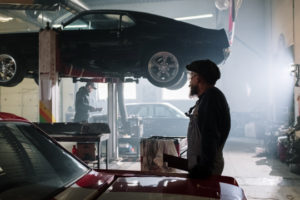 The Benefits of Professional Car Repair
The Benefits of Professional Car Repair The Impact of Cold Weather on Your Car
The Impact of Cold Weather on Your Car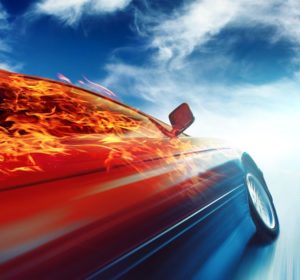 The Impact of Hot Weather on Your Car
The Impact of Hot Weather on Your Car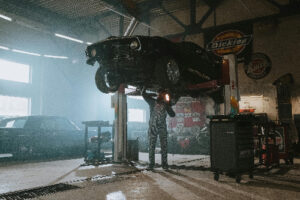 Seasonal Car Maintenance Checklist
Seasonal Car Maintenance Checklist The Role of the Exhaust System
The Role of the Exhaust System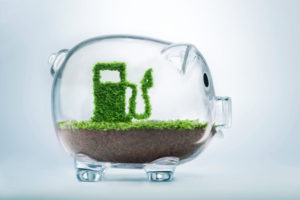 2. Decreased Fuel Efficiency
2. Decreased Fuel Efficiency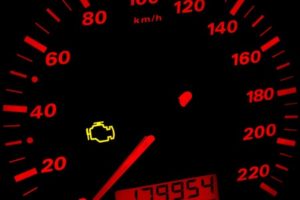 5. Check Engine Light Comes On
5. Check Engine Light Comes On Resolving Exhaust System Issues
Resolving Exhaust System Issues 1. Look for Certifications and Qualifications
1. Look for Certifications and Qualifications 4. Evaluate the Shop’s Reputation and Experience
4. Evaluate the Shop’s Reputation and Experience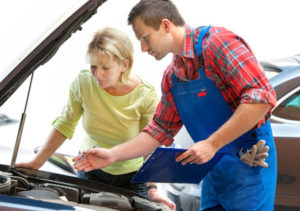 6. Communication and Customer Service
6. Communication and Customer Service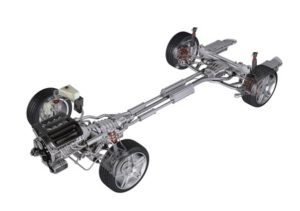 Common Symptoms of Suspension System Issues
Common Symptoms of Suspension System Issues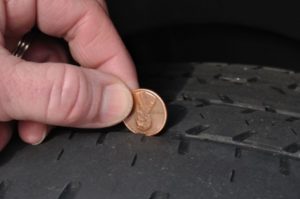 2. Uneven or Excessive Tire Wear
2. Uneven or Excessive Tire Wear 5. Steering Problems
5. Steering Problems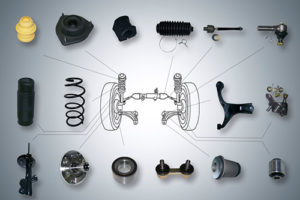 How to Address Suspension System Problems
How to Address Suspension System Problems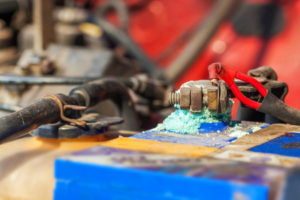 1. Clean the Battery Terminals Regularly
1. Clean the Battery Terminals Regularly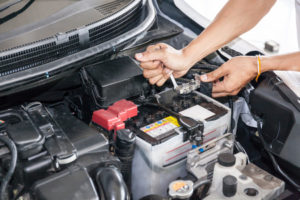 3. Ensure the Battery Is Properly Secured
3. Ensure the Battery Is Properly Secured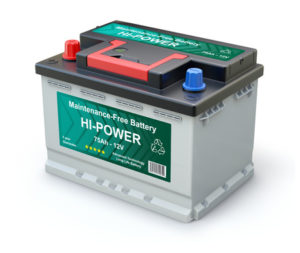 6. Know When to Replace the Battery
6. Know When to Replace the Battery 2. Delayed Shifting or Rough Shifts
2. Delayed Shifting or Rough Shifts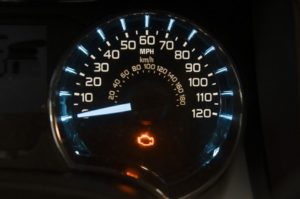 4. Warning Lights on the Dashboard
4. Warning Lights on the Dashboard 7. Unexplained Smells
7. Unexplained Smells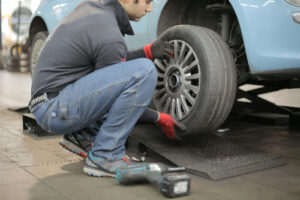 What You’ll Need for a Flat Tire Repair
What You’ll Need for a Flat Tire Repair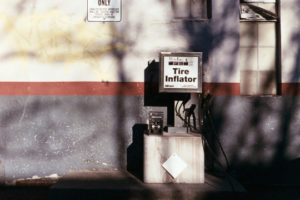 Step 7: Check the Tire Pressure
Step 7: Check the Tire Pressure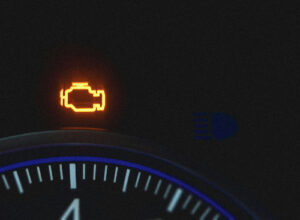 What Does the Check Engine Light Mean?
What Does the Check Engine Light Mean?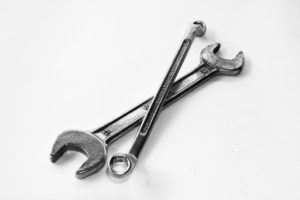 Why Addressing The Check Engine Light is Important
Why Addressing The Check Engine Light is Important








